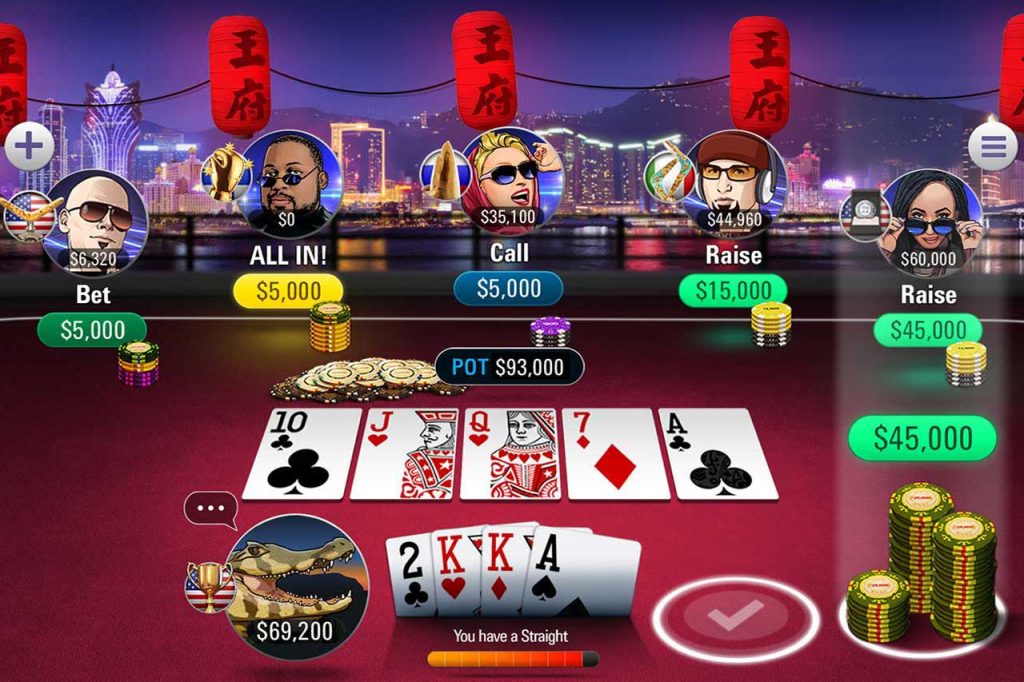A key trait to watch for in an industry’s success is the ability of that industry to expand internationally. If you take a look at the success of poker in Europe and other eastern countries, you will find that the game has caught on extremely well. The popularity of card games first piqued European interests around 1998, when various cities expanded into the industry in the forms of online poker games. Since that time period, events such as the World Series of Poker Europe have come to fruition, allowing the World Series of Poker tournaments to be more readily available to players in foreign countries.
Despite the number of poker tournaments already present in Europe, the reputation associated with the World Series of Poker allowed the tournament to set itself up within London. Having London host the World Series of Poker Europe, where any number of poker tournaments already existed, allowed the WSOPE to reach a populace that already appreciated card games.
Marking the first time a World Series of Poker bracelet was ever awarded outside of Las Vegas, the World Series of Poker Europe set a new standard for the class of players at the tournament. Many budding and veteran foreign players showed up to participate in the first WSOPE. Some of these individuals include Thomas Bihl, the first winner of the WSOPE tournament bracelet. Sponsored by Betfair, Bihl managed to beat Jennifer Harman with a straight, ousting her all in bet with two pairs.
Another prestigious player in the WSOPE is Annette Obrestad, the youngest player to ever win a World Series of Poker bracelet. In September of 2007, Obrestad won over $2 million at the World Series of Poker Europe Inaugural event, which took place before her 19th birthday. Regarding her young age, the UK has differing laws regarding the minimum age requirement of players in their tournaments. Not a bad idea to allow the younger players in if they can play as well as Obrestad can!
The European Poker Tour, a tournament similar to the World Poker Tour, consists of televised events in various foreign cities, from Monte Carlo to the Bahamas. Gaining a fair amount of renown as Pokerstar and Sunset + Vine’s project, the European Poker Tour has hosted some of the greatest prize amounts, with the Monte Carlo Final Event having a payout of €9.5 million Euros, which is close to $14 million US dollars!
In March of 2005, UK launched The Poker Channel, a dedicated gaming network with over 17 million viewers across 20 European countries. The Poker Channel broadcasts the World Series of Poker tournaments and various other documentaries and biographies of players. As well as these, The Poker Channel sometimes hosts instructional videos for poker players.
Various casinos in Europe have earned renown for themselves as fine gaming establishments. Among these casinos is the largest casino in Western Europe, Le Café de Paris. Le Café de Paris, which is located in Monte Carlo, has 15 table games and over 1200 casino slot machines.
A few great poker players have come from Copenhagen, Denmark. Numbering the list of those born in or near Copenhagen is Gus Hansen, of World Poker Tour fame. Hansen’s claim to fame is his aggressive play style and risky bluffing techniques.
Another Denmark-native poker player is Theo Jørgensen, of World Series of Poker Europe fame. Jørgensen has an illustrious poker career, totaling his winnings to over $1 million dollars. Aside from poker, Jørgensen enjoys watching and betting on football games. An interesting happening was Gus Hansen and Theo Jørgensen held a boxing match against one another, betting on themselves for the fight.
Denmark-borne Peter Eastgate is reputed as one of the youngest players to win the World Series of Poker. At 24, Eastgate has winnings totaling over $11 million dollars. Most of these winnings came from the main event of the World Series of Poker 2008. Eastgate defeated Ivan Demidov for a cash prize of over $9 million dollars.
Many of the participants in the World Series of Poker Europe have gotten their claim to fame through the determination involved in breaking into a once-western sport. The ability for the players to adapt and participate in the various satellite tournaments grants them entitlement to participate in such tournaments as the World Poker Tour or the World Series of Poker. Thanks to the widely learned language of poker, both foreign and domestic players can rest assured that despite a language barrier, the game will bring together the most opposite of individuals.

